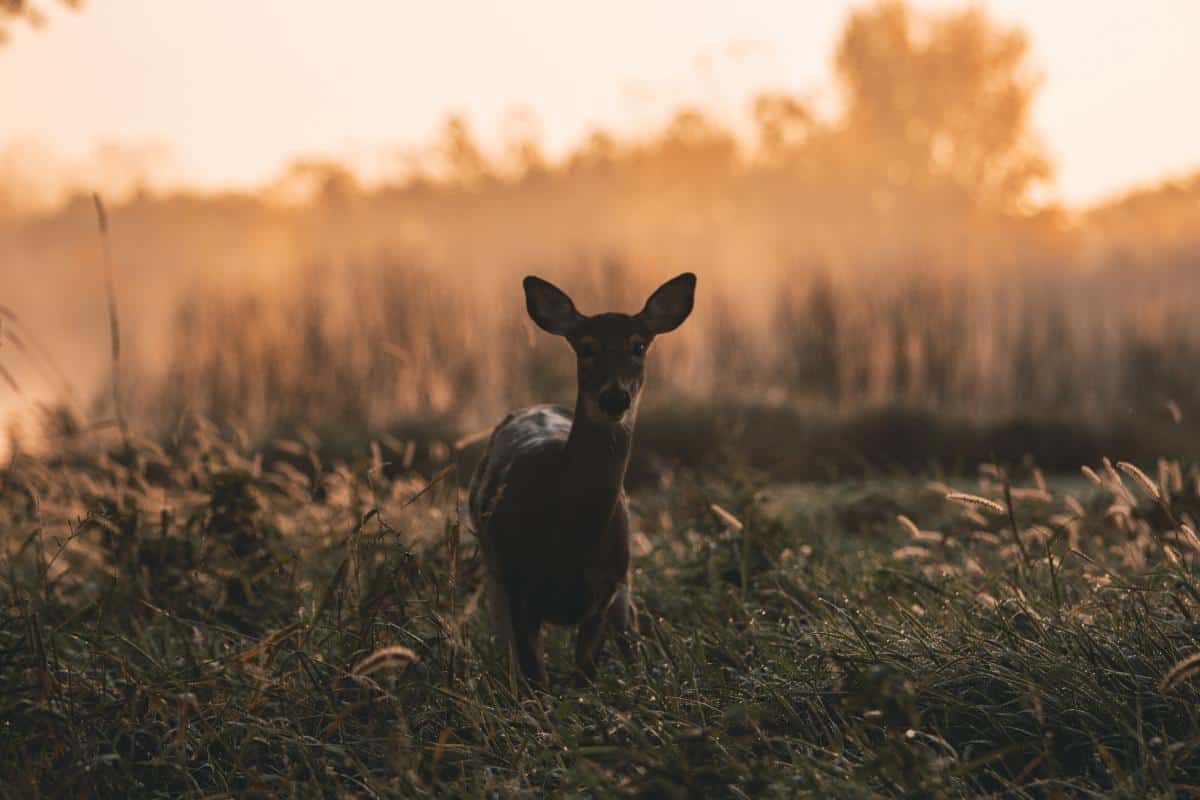Michigan Deer Hunting Season – Regulations and Dangers

Michiganders sure love to hunt, and with Michigan deer hunting season upon us once again, there are several things to keep in mind before hitting the woods. Because hunting is so popular in Michigan, Tom Sinas recently shared information for West Michigan listeners on Fox 17 Know the Law, while Lansing attorney, Bryan Waldman, appeared on WLNS Legal Edge to discuss the topic for mid-Michigan viewers.
Michigan Deer Hunting Season and Chronic Wasting Disease
2021 Hunting Season Update: Baiting and feeding are banned in the Lower Peninsula, and banned in the Upper Peninsula core CWD surveillance area. In areas where baiting is banned, scents placed to entice deer, whether composed of natural or synthetic materials, must be placed so that they are inaccessible for consumption by deer and placed in such a manner to prohibit any physical contact with deer. More baiting information can be found on the Michigan DNR website.
Simply put, Chronic Wasting Disease (CWD) is a disease that eats the deer’s brain. Michigan DNR has established a few new guidelines for this hunting season in hopes of curtailing the disease. The main regulation is to basically eliminate baiting in the Lower Peninsula. A bait is anything that intentionally attracts deer, from a salt pile to a urine lure. It is important to note that there is a difference between baiting and using scent. Hunters are allowed to use scents so they entice deer, but they must be placed in a way that is inaccessible for consumption by the deer and the deer cannot come into contact with the scent.
In the video below, Grand Rapids lawyer, Tom Sinas, discusses the 2019 deer hunting laws.
Michigan Deer-Vehicle Collisions
According to Michigan law, motorists are actually required to stop and report deer-vehicle collisions to law enforcement. Even if damage to your vehicle is minimal, you can technically be cited for not reporting the collision. Drivers should also report the accident to their insurance company.
This time of year, it’s especially important to drive safely and with caution, because deer are everywhere. In 2017 alone, there were 50,000 deer-vehicle accidents in the state. The following are tips for avoiding a collision:
- Understand deer patterns – they typically cross the road in a line, so when you see one, slow down because there are likely more.
- Never swerve – often when this happens, drivers find themselves in oncoming traffic. It’s safer to hit the deer than another vehicle or a tree.
Deer-Car Collisions: Can You Legally Take the Animal After Hitting It?
Did you know Michigan law actually states that when a deer or other animal is struck by a vehicle, the driver of that vehicle has “first dibs” on the animal’s remains? If the driver passes, however, there is no certain order of preference. Bryan Waldman explained more on WLNS Legal Edge.
Do Your No-Fault Benefits Apply in Deer-Vehicle Collisions?
A lot of people mistakenly believe that, since the collision didn’t involve another vehicle, they aren’t eligible for no-fault benefits. This is incorrect. Even if you are in a deer-vehicle collision, you’re entitled to no-fault benefits. When a collision occurs, contact your insurance provider and make a claim just like you would if your accident involved another vehicle.
Auto no-fault benefits include:
Trespassing and Deer Hunting
While you’re probably hunting on your own land, what happens if you shoot a deer who travels onto another person’s property? If no trespassing signs are posted or the land is enclosed, this can become a crime. Always get the property owner’s permission before entering private property.

